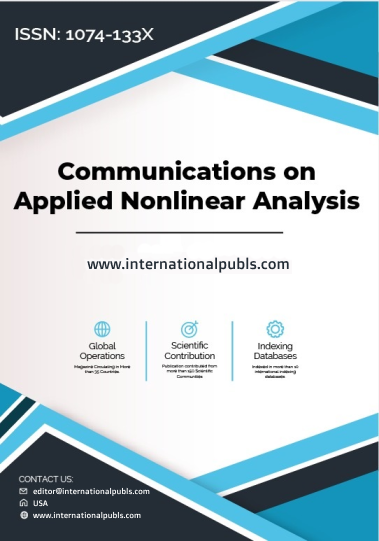Depression Classification using Harris Hawk Optimization (HHO) based Recurrent Fuzzy Neural Network (FRNN) for Sentiment Analysis: An Applied Nonlinear Analysis
Main Article Content
Abstract
The research introduces a novel approach for sentiment analysis by combining Harris Hawk Optimization (HHO) with a Recurrent Fuzzy Neural Network (FRNN). Sentiment analysis, crucial in natural language processing, often struggles with the complexities of language. The proposed methodology addresses these challenges by leveraging HHO's adaptability and FRNN's temporal modeling capabilities. FRNN, with recurrent connections, effectively captures temporal dependencies in sequential data, making it suitable for sentiment analysis. Additionally, fuzzy logic in FRNN handles linguistic uncertainty, enhancing model robustness. The methodology involves preprocessing tweets, feature extraction using techniques like Latent Semantic Analysis (LSA), Independent Component Analysis (ICA), and lexicon-based analysis. Feature selection methods like PMI, chi-square, and DFS are employed to reduce dimensionality. The sentiment classification utilizes Kernel Extreme Learning Machine (KELM), where KELM's kernel function eliminates the need for setting hidden node size. The sentiments are then detected using the HHO-based FRNN, optimizing weight parameters for classification accuracy. HHO's hunting phases aid in the convergence of the algorithm, reducing computational complexity. Experimental evaluations demonstrate superior performance over existing techniques, offering a promising avenue for sentiment analysis in natural language processing research.
